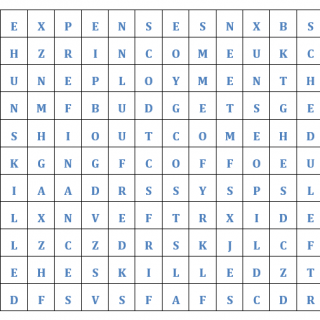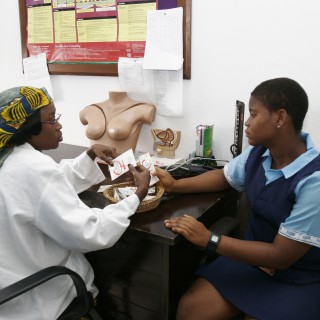A. Illnesses can be prevented by washing hands with soap and water after contact with faeces and before handling food.
- Washing hands with soap and water removes germs from the hands. This helps to stop germs from getting onto food or into the mouth. Soap and water should be easily available for all members of the family to wash their hands.
- It is especially important to wash hands after defecating, before handling food, after cleaning the bottom of a baby or child who had just defecated.
- Children often put their hands into their mouths, so it is important to wash a child’s hand often especially before giving food.
- A child’s face should be washed at least once every day. This helps to keep flies away from their face and prevents eye infections. Soap is helpful for washing but not absolutely essential.
B. Illness can be prevented by using clean water.
- Families who have plentiful supply of safe piped water, and know how to use it, have fewer illnesses
- Families without a safe piped water supply can reduce illnesses if they protect their water supply from germs by:
- Keeping wells covered
- Keeping faeces and waste water (especially from latrines) well away from any water used for cooking, drinking, bathing and washing.
- Keeping buckets, ropes and jars used for used to collect and store water as clean as possible (for example by hanging up buckets rather than putting them on the ground).
- Keeping animals away from drinking water.
Families can keep water clean in the home by:
- Storing drinking water in a clean, covered container.
- Taking water out of the container with a clean ladle or cup.
- Not allowing anyone to put their hands into the container or to drink directly from it.
- Keeping animals out of the school.
C. Illness can be prevented by boiling drinking water if it is not from a piped supply.
- Even if water is clear, it may not be free from germs. The safest drinking water is from a piped supply. Water from other sources is more likely to contain germs.
- Boiling water kills germs; so, if possible, water drawn from other sources such as ponds, streams, springs wells, tanks or public stand pipes should be bought to the boil and cooled before drinking. It is especially important to boil and cool the water given to babies and young children, because they have less resistance to germs than adults.
- If boiling is not possible, store drinking water in a closed or covered container of clear plastic glass, and leave it standing in sunlight for two days before using it.
D. Illness can be prevented by keeping food clean.
- Germs on food can enter the body and cause illness. But food can be kept safe by:
- Making sure that food is thoroughly cooked especially meat and poultry.
- Eating food soon after it is cooked so it does not have time to go bad.
- If food has to be kept for more than five hours it should either be kept heated or kept cooled.
- Keeping food-preparing surfaces.
- Keeping food clean and covered away from flies, rats, mice and other animals.
References:
- Facts for life – A Communication Challenege. Published by UNICEF/WHO/UNESCO in partnership with many world-leading medical and children’s organizations.







You must be logged in to post a comment.